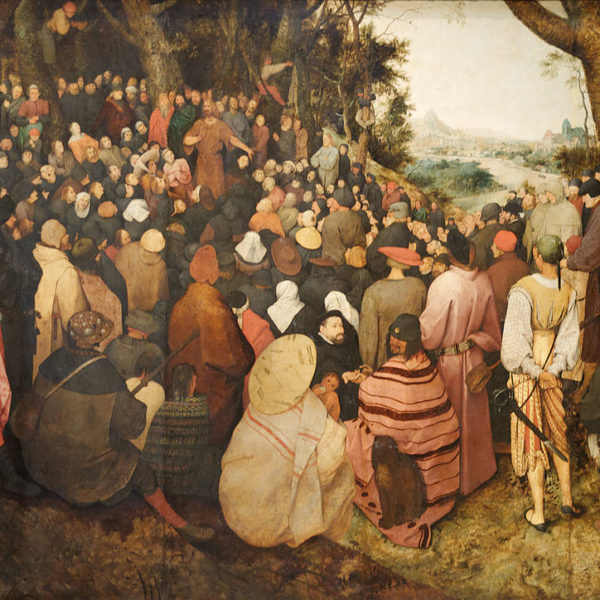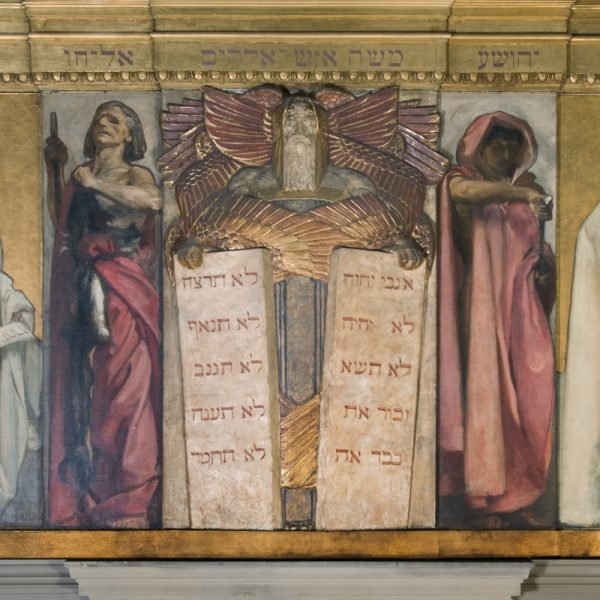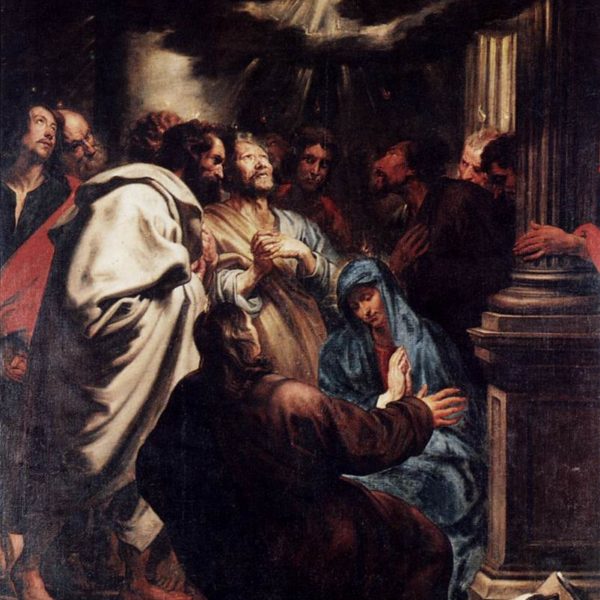
At moments of crisis, it can be the responsibility of committed individuals to secure and represent the self-understanding of the community or nation to which they belong, to provide the seed from which the entire social body can be renewed. Within easily neglected political dimensions of the baptism of John we may be recalled to our potential and vocation as political individuals in this regard.

[The the first of three posts this week on Michael Walzer’s “In God’s Shadow: Politics in the Hebrew Bible.”] Michael Walzer occupies a distinctive place in political interpretation. He is a distinguished political scientist who continues to have a significant investment in the Hebrew Bible. His writing thus permits a convergence of the agility of his Jewish perspective on the Bible and his engagement with contemporary questions of power. He has authored an important book on the Exodus narrative and the continuing influence of that narrative upon revolutionary thought and action. His paper, “The Prophets as Social Critics,” moreover, recognized the prophets of ancient Israel as serious social critics and analysts who exposited Israel’s “core values” of justice and righteousness and who were alert to oppressions that impeded social solidarity…


